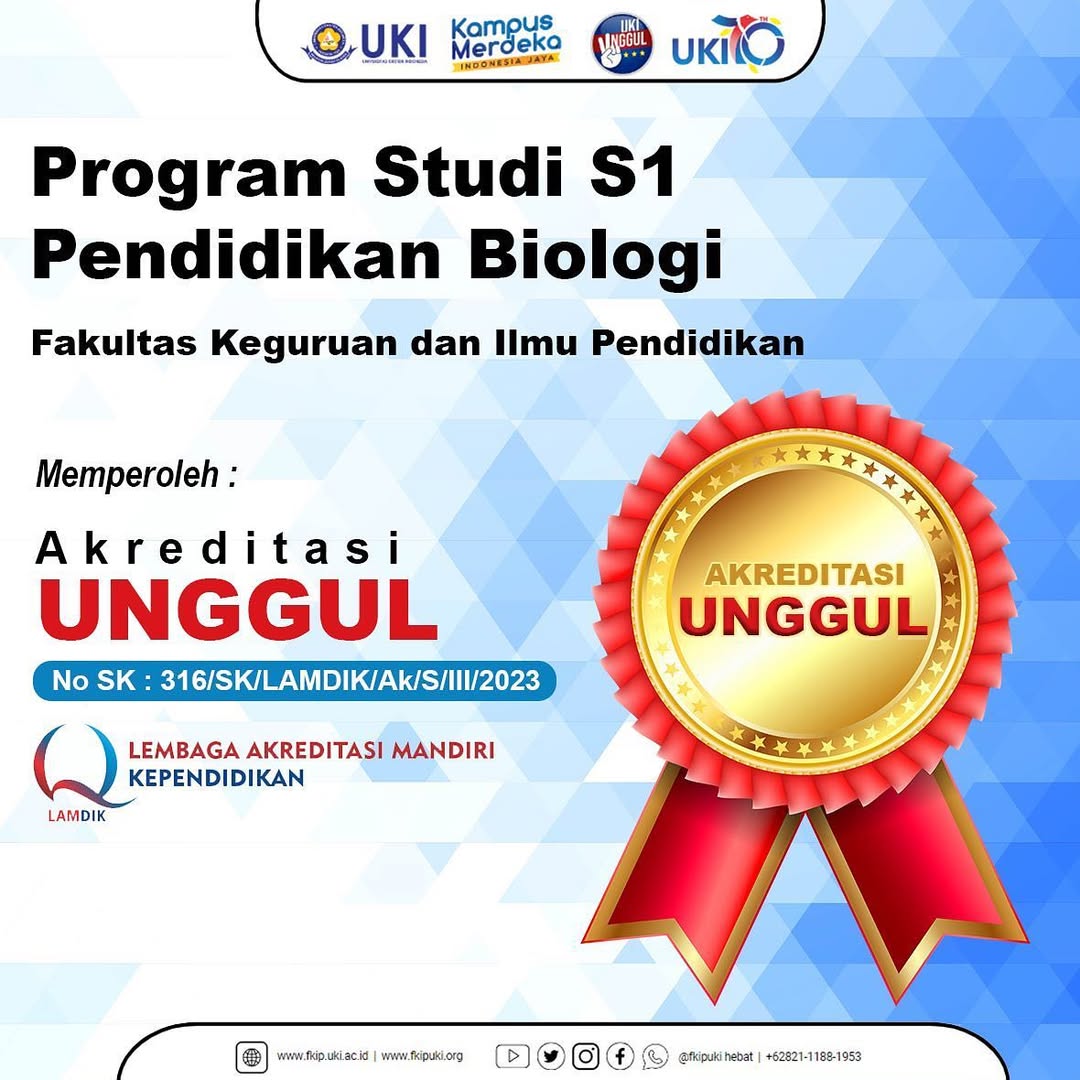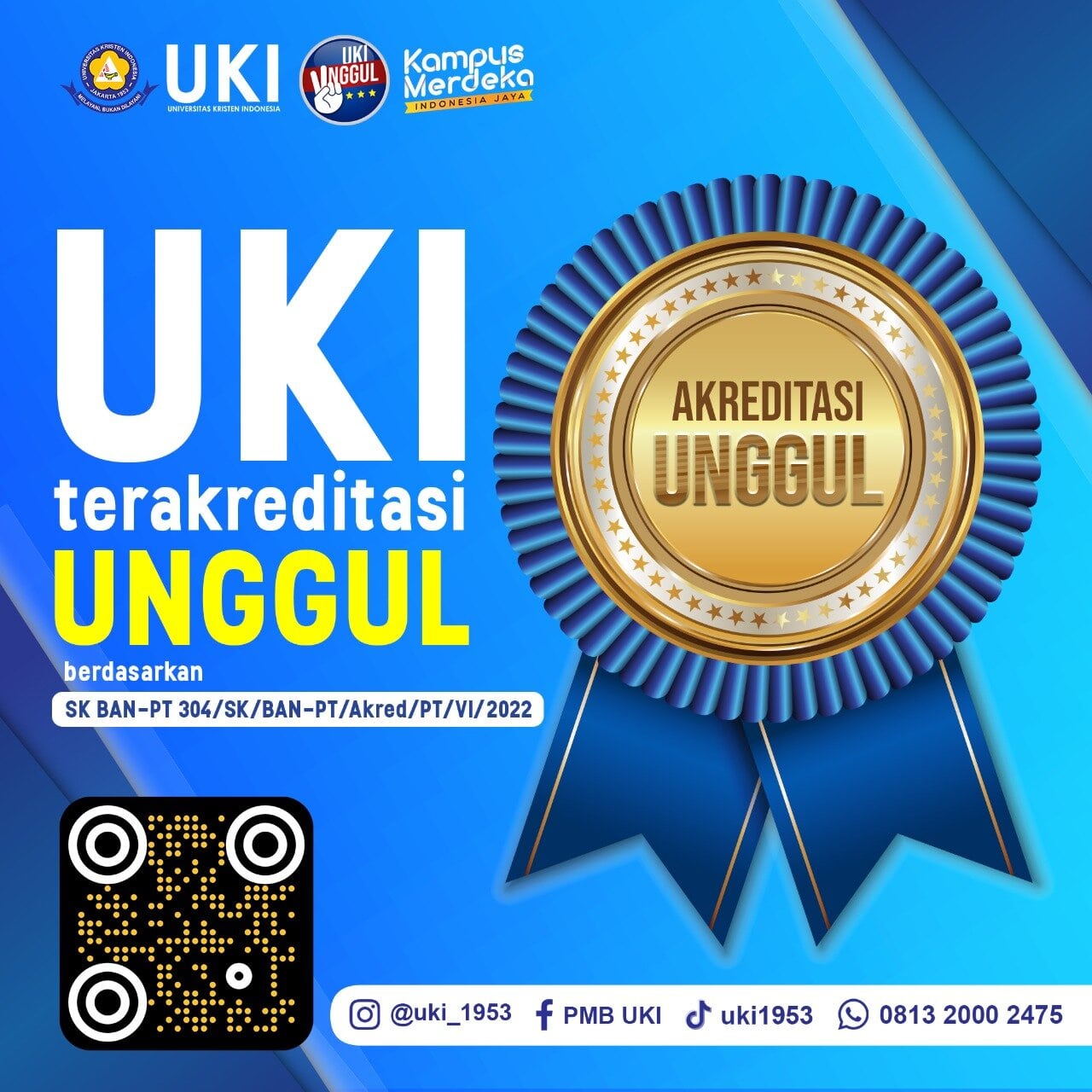Development of Geoheritage-based Media Education for Sustainable Development to Improve Ecoliteracy in Elementary Schools
DOI:
https://doi.org/10.33541/pro-life.v12i2.7038Keywords:
geoheritage, education for sustainable development, ecoliteracyAbstract
The lack of students' ecoliteracy skills due to the absence of appropriate Education for Sustainable Development (ESD)-based learning materials is a significant problem that must be addressed immediately by educators. This study aims to develop and test the feasibility and effectiveness of using ESD-based learning media, in the form of e-modules, to cover the essential material on ecosystems and environmental change. The type of research used is research and development (R&D), with a sequence of potential and problem analysis, data collection, product design, design validation, design revision, product trial, product revision, usage trial, and mass production. Data were collected through tests (pretest and posttest), interviews, observations, and questionnaires. Data analysis employed both descriptive statistics and parametric inferential statistics. The study's results showed that, based on media expert assessments, the level of media feasibility was in the very feasible category, with a score of 92%. Similarly, based on material expert assessments, it was also categorized as very feasible, with a score of 94%. The level of significance obtained was 0.004 on a small scale and 0.00 on a large scale, indicating a statistically significant difference. It can be concluded that the e-module on the Geoheritage of Semarang City has been successfully developed as a sustainable development education medium that is both feasible and effective for use as a learning tool in Elementary Schools. This research product can serve as a learning medium and can be followed up on for further research.
References
Alfatonah, I. N. A., Kisda, Y. V., Septarina, A., Ravika, A., & Jadidah, I. T. (2023). Kesulitan belajar peserta didik pada mata pelajaran IPAS Kurikulum Merdeka kelas IV. Jurnal Basicedu, 7(6), 3397–3405. https://doi.org/10.31004/basicedu.v7i6.6372
Anduweni, Yeni, L. F., & Ningsih, K. (2024). Analisis respon siswa terhadap PowerPoint interaktif materi sistem peredaran darah manusia kelas VIII. Pro-Life, 11(1). https://doi.org/10.33541/pro-life.v11i1.5444
Aruan, D. N., Adinugraha, F., Ratnapuri, A., & Setiati, N. (2025). Integrating comic into biology education handout: Enhancing reproductive health learning at SMA 1 Cawang Baru. Pro-Life, 12(1), 51–62. https://doi.org/10.33541/pro-life.v12i1.6639
Aryati, L., Pujiastuti, H., & Sudiana, R. (2020). Development of learning media with the STEM approach on materials of sequences and series. Jurnal Ilmiah Pendidikan MIPA, 10(148), 91–102.
Chairunnisak. (2020). Implementasi pembelajaran abad 21 di Indonesia. Prosiding Seminar Nasional Teknologi Pendidikan Pascasarjana UNIMED.
Faizah, F., Rahma, U., Dara, Y. P., & Gunawan, C. L. (2020). School well-being siswa sekolah dasar dan siswa sekolah menengah pertama pengguna sistem full-day school di Indonesia. Jurnal Kajian Bimbingan dan Konseling, 5(1), 34–41. https://doi.org/10.17977/um001v5i12020p034
Jaya, A., Arifin, F., Kaharuddin, B., Azikin, H., Umar, M., Ma’waleda, Ulva, R., Irfan, A., Tonggiroh, I., Alimuddin, S., Jumadil, B. R., Maulana, M. S., Burhanuddin, K., Khair, M., & Zulkifli, A. (2023). Sosialisasi warisan geologi (geoheritage) rencana pengusulan Geopark Bone Sulawesi Selatan. Jurnal Pengabdian kepada Masyarakat, 6(1).
Nurhayati, E., & Tanjong, K. (2022). Pendekatan SETS (Science, Environment, Technology and Society) dalam meningkatkan hasil belajar biologi materi sistem ekskresi pada manusia kelas XI MIPA-3 di SMA Negeri 1 Kembang Tanjong. Jurnal Sains Riset, 12(2), 382. https://doi.org/10.47647/jsr.v10i12
Primasti, S. G. (2021). Implementasi program education for sustainable development di SMA Tumbuh. Spektrum Analisis Kebijakan Pendidikan, 10(3), 80–100. https://doi.org/10.21831/sakp.v10i3.17465
Rahmasari, A. F., Lestari, S., & Tryanasari, D. (2023). Implementasi ekoliterasi di SDN Sukowinangun 02 Magetan. Prosiding Konferensi Ilmiah Dasar, 4, 1247–1257.
Rokhmawati, D., Mahmawati, D., & Yuswandari, K. D. (2023). Perencanaan pembelajaran (meningkatkan mutu pendidik). Joedu: Journal of Basic Education, 2(1), 1–16.
Rusmana, N. E., & Aulia, A. (2017). Pembelajaran ekoliterasi berbasis proyek di sekolah dasar. JESA: Jurnal Edukasi Sebelas April, 1(1), 33–44.
Safitri, S., Juhadi, J., & Aji, A. (2024). Ecoliteracy learning design with augmented reality-based SETS approach for flood disaster education. IJORER: International Journal of Recent Educational Research, 5(3), 779–795. https://doi.org/10.46245/ijorer.v5i3.610
Salam, A., & Hamdu, G. (2022). Penerapan Education for Sustainable Development (ESD) dalam media pembelajaran elektronik di kelas V sekolah dasar: Perspektif guru agenda global bertajuk Tujuan Pembangunan Berkelanjutan (SDGs). Pedadidaktika: Jurnal Ilmiah Pendidikan Guru Sekolah Dasar, 9(1), 161–172.
Sari, V. J., & Sutikno, P. Y. (2024). Development Artsteps learning media using songs on the topic of animal life cycle. Jurnal Penelitian Pendidikan IPA, 10(7), 4075–4085. https://doi.org/10.29303/jppipa.v10i7.7306
Setyaningrum, T. W., & Gunasyah, G. (2020). Praktik pembelajaran ekoliterasi berorientasi pendidikan untuk pembangunan berkelanjutan di sekolah dasar negeri kota Surabaya bagian barat. JPGSD, 8(2), 375–384.
Sureni, S., Leksono, S. M., & Biru, L. T. (2023). Pengembangan modul elektronik (e-modul) berbasis Flip PDF Profesional pada tema pencemaran lingkungan untuk meningkatkan literasi sains siswa SMP kelas VII. Jurnal Pendidikan MIPA, 13(2), 350–357. https://doi.org/10.37630/jpm.v13i2.944
Tyas, D. N., Isdaryanti, B., Putri, F., Jurusan, A., Guru, P., & Dasar, S. (2023). Efektivitas virtual laboratory dibandingkan real laboratory pada perkuliahan hybrid terhadap kemampuan berpikir kritis mahasiswa. Pro-Life, 10(1), 707–720.
Tyas, D. N., Nurharini, A., Wulandari, D., & Isdaryanti, B. (2021). Peningkatan kemampuan ecoliteracy melalui inovasi media pembelajaran berbasis Kahoot games subtema pemanfaatan SDA hayati dan nonhayati untuk siswa SD. Jurnal Ilmu Kependidikan, 10(2).
Wahyu, R., Mukti, T., & Fathurrahman, M. (2023). Development of Artsteps learning media to improve music arts learning outcomes. Jurnal Pendidikan Teknologi Informasi (JUKANTI), 6(2), 329–341. https://doi.org/10.37792/jukanti.v6i2.1049
Wati, M., & Mahtari, S. (2020). Pengembangan e-modul menggunakan aplikasi Exe-Learning untuk melatih literasi sains. Jurnal Ilmiah Pendidikan Fisika, 4(2), 89–98.
Widiastuti, N. L. G. K., & Purnawijaya, I. P. E. (2021). Improving science learning outcomes through the SETS (Science, Environment, Technology and Society) approach. Indonesian Journal of Educational Research and Review, 4(2), 252. https://doi.org/10.23887/ijerr.v4i2.38388
Wildani, A., Pasha, C. Y., Caryoadi, Y., Perencanaan, B., Daerah, P., & Grobogan, K. (2023). Kajian identifikasi potensi geoheritage Kabupaten Grobogan. Paradigma, 1(2). https://doi.org/10.58684/paradigma.v1i2.10
Wulansari, D., & Tyas, D. N. (2025). Development of interactive picture card media with QR code to improve IPAS learning outcomes. Jurnal Prima Edukasia, 13(2). https://doi.org/10.21831/jpe.v13i2.84474
Yerimadesi, Y., Warlinda, Y. A., Hardeli, H., & Andromeda, A. (2022). Implementation of guided discovery learning model with SETS approach assisted by chemistry e-module to improve creative thinking skills of students. Jurnal Penelitian Pendidikan IPA, 8(3), 1151–1157. https://doi.org/10.29303/jppipa.v8i3.1522
Yolanita, C. (2024). Penerapan Education for Sustainable Development (ESD) dalam media pembelajaran di sekolah dasar. In Seminar Nasional Pendidikan Dasar ke-1 (pp. 81–88). Bogor, 8 Agustus 2024.
Yudiawati, L. (2019). Efektivitas pembelajaran berbasis ESD (Education for Sustainable Development) terhadap kemampuan literasi sains siswa pada mata pelajaran IPA kelas V di SDN 3 Sumberpetung Kalipare (Skripsi, Universitas Kanjuruhan Malang).
Downloads
Published
How to Cite
Issue
Section
License
Copyright (c) 2025 Dewi Nilam Tyas, Desi Wulandari, Aldina Eka Andriani, Sri Sulistyorini

This work is licensed under a Creative Commons Attribution-ShareAlike 4.0 International License.

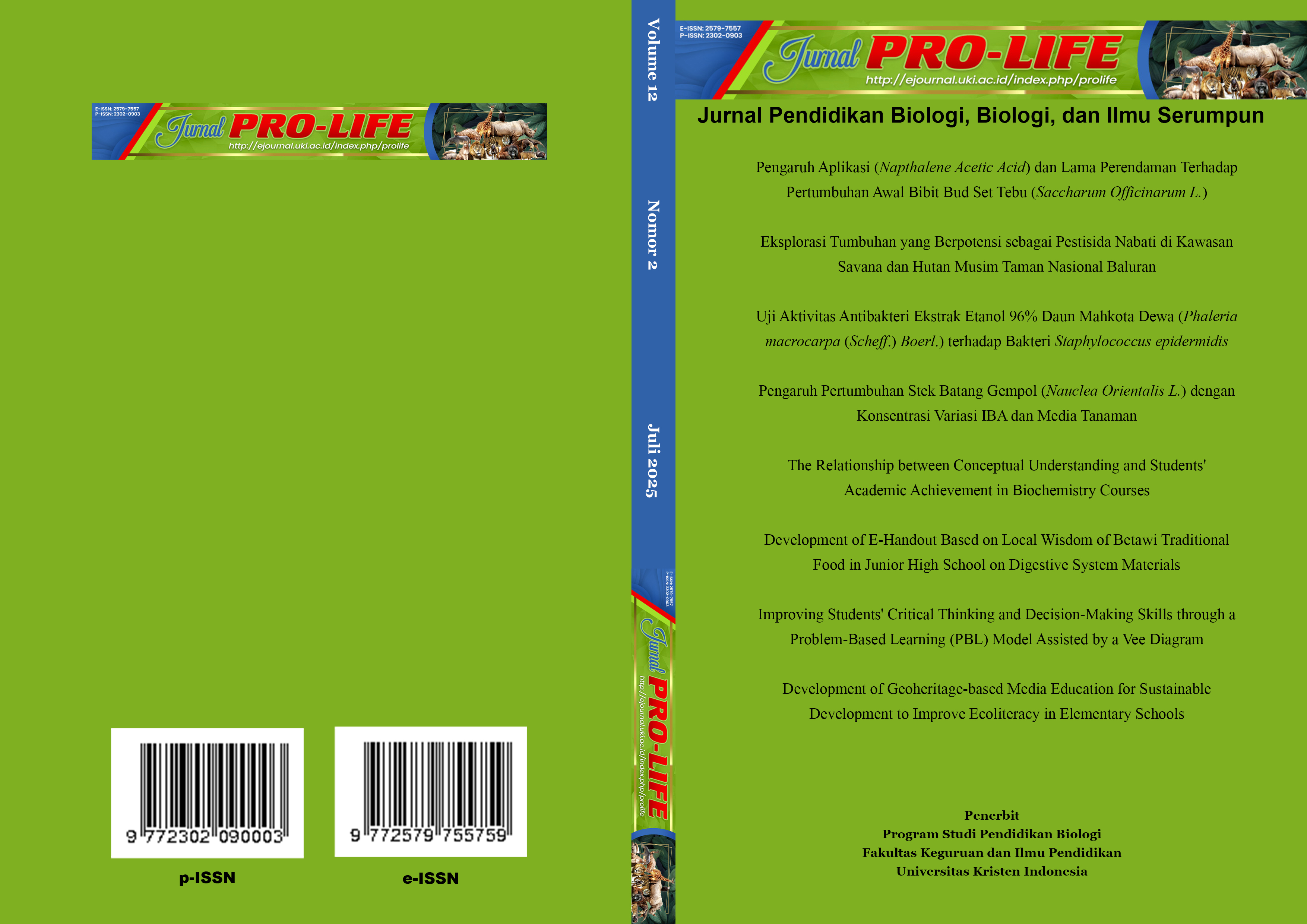




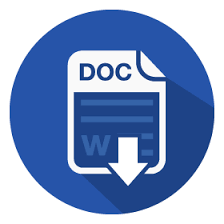




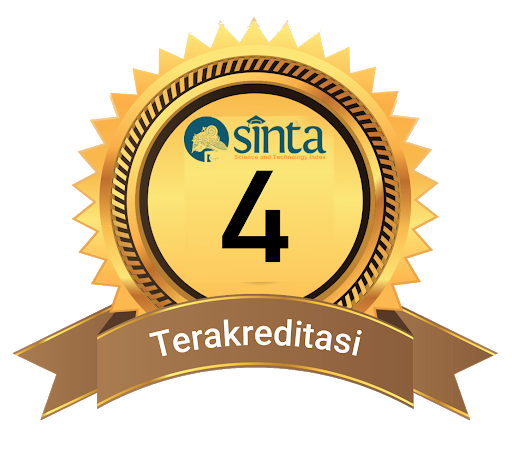


.svg_.png)


